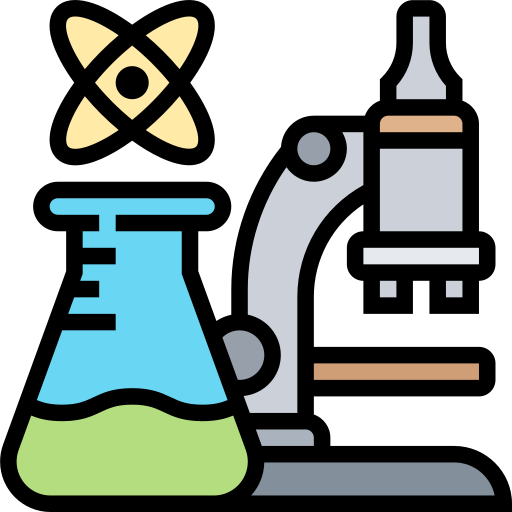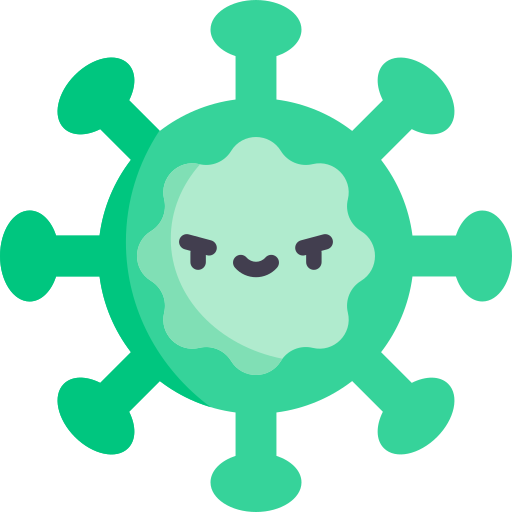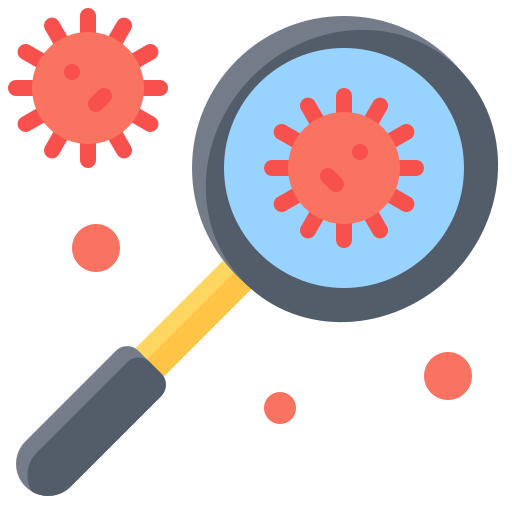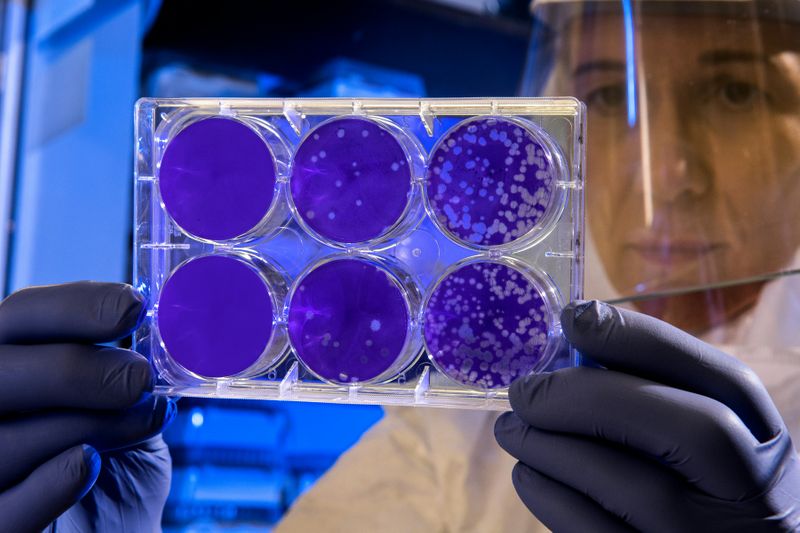 Going viral has never been more sniffly or icky.
Going viral has never been more sniffly or icky.
You know the signs: a fever, headache. and a seemingly never-ending runny nose. But what on earth is the root of this?
Have you ever wondered how and why we get sick? Welcome to the fascinating world of virology, the study of viruses.
What does a virologist do?
Virologists are scientists who study viruses and the diseases they cause in humans, plants, animals, and bacteria.
There are many areas of virology. Five of the main areas are:
Medical: Viruses that cause diseases in humans
Plant: Viruses found in crops and plants within agriculture
Veterinary: Viruses in animals
Environmental: Viruses in natural environments
Molecular: Viruses on a molecular and or genetic level

A virologist can have titles such as:
Immunologist
Pathologist
Lab or research technician
Staff scientist
What is the workplace of a virologist like?
Virologists typically work in:

Laboratories
In laboratories, virologists study viruses and how they spread, using equipment like microscopes and test tubes.

Hospitals
In hospitals, virologists can help doctors diagnose viral infections like COVID-19. They run tests and analyze patient samples.

Research centers
In research centers like universities or pharmaceutical companies, virologists can develop vaccines.

Government agencies
In government agencies, public health virologists may track viral outbreaks and develop strategies to prevent further outbreaks.
Quiz
The typical day in the life of a virologist might include...(select all that apply):
What will you study if you major in virology?
 Photo by Unseen Studio on Unsplash
Photo by Unseen Studio on UnsplashCourses tend to cover an extensive range of science-related topics.

Viral biology/anatomy: understanding the basic structure and function of a virus.

Viral replication: understanding the processes involved in how viruses take over host cells and the steps involved in copying.

Immunology: exploring the immune system defenses against infections. You'll look at things like, allergies, vaccinations, and cancer.

Viral diseases and public health: understanding how to recognize, understand, prevent, as well as contain, diseases within populations.

Host-virus interactions and pathogenesis: investigating the mechanisms on a molecular level, how viruses use cells for replication, and how they can also lead to diseases.

Laboratory skills: equipment operation (microscopes, Bunsen burners, test tubes, petri dishes), data collection, and laboratory safety.
How to succeed in studying virology
 Photo by Vitaly Gariev on Unsplash
Photo by Vitaly Gariev on UnsplashBased on research conducted on university students in Australia, there are 7 key predictors of success at university.
Study time: Devote specific time to studying.
Attendance: Go to your classes consistently (tutorials, lectures, and labs).
Goal setting: Set achievable goals and remember what drives you to study this major.
Wellbeing: Be kind to yourself and celebrating wins, both big and small.
Socialization and support: Connect and socialize with your peers.
Learning platforms: Familiarize yourself with learning platforms (e.g. Moodle, Canvas, Blackboard).
Work-life balance: Manage your time so that you can still relax outside of studying or a part-time job.

Some more specific advice on how to succeed in a science field such as virology is,
Be curious and think critically
Remain calm under pressure
Possess good communication skills
Practice lab skills from tutorials and lab workshops
Use study methods like the mimic/copycat method (observe, copy, repeat)
How to become a virologist
There is no single correct path to becoming a virologist.
 Photo by Alex Kalinin on Unsplash
Photo by Alex Kalinin on UnsplashWhat you end up studying will depend greatly on what area you would like to work in within virology, but these steps will help:
Get a Bachelor's degree in science. This could be in biology, chemistry, or medical laboratory science.

Volunteer or work for a lab. Some lab positions only require a Bachelor's degree.

Depending on your job goals, get an advanced degree:
Want to work in research? Get Master's degree or PhD. in Science.
Want to work as a lab head? Get a PhD.
Want to work with patients? Complete medical school.
Take Action

Your feedback matters to us.
This Byte helped me better understand the topic.

